Photo





Bridgerton - Season 1, Episode “Diamond of the First Water”
Daphne, you’re a Bridgerton.
It would be easier if I were not.
71 notes
·
View notes
Text

“We must always take sides. Neutrality helps the oppressor, never the victim. Silence encourages the tormentor, never the tormented.”
In times like these... a little perspective is always good. Time for a revisit of one of my favourite authors.
0 notes
Photo










The Boy in the Striped Pajamas (2008)
We're not supposed to be friends, you and me.
We're meant to be enemies. Did you know that?
#boy in the striped pajamas#historyedit#history in film#second world war#ww11#holocaust#books to film#1940s#1900s#german history#european history
122 notes
·
View notes
Photo









The smartest women in the country, I didn't realize that by demanding excellence I would be challenging... what did it say? What did it say? Um... the roles you were born to fill. Is that right?
#monalisasmileedit#film: mona lisa smile#feministedit#women's history#1950s#actress: julia roberts#actress: ginnifer goodwin#actress: kirsten dunst#history in film
38 notes
·
View notes
Photo
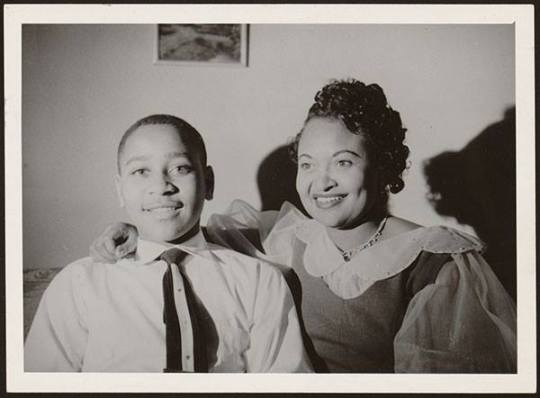

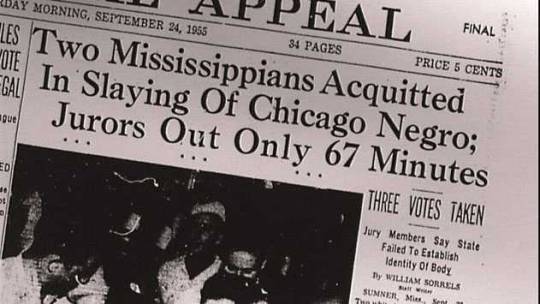
ON THIS DAY: July 25th, 1941. Emmett Till is born in Chicago.
“I thought of Emmett Till and I just couldn’t go back.” —Rosa Parks
Emmett Louis Till was a 14-year-old African American who was lynched in Mississippi in 1955, after being accused of offending a white woman in her family’s grocery store. The brutality of his murder and the fact that his killers were acquitted drew attention to the long history of violent persecution of African Americans in the United States.
In a 1956 interview with Look magazine, in which they confessed to the killing, Bryant and Milam said they would have brought Till by the store in order to have Carolyn identify him, but stated they did not do so because they said Till admitted to being the one who had talked to her:
“Well, what else could we do? He was hopeless. I’m no bully; I never hurt a n****r in my life. I like n*****s—in their place—I know how to work ‘em. But I just decided it was time a few people got put on notice. As long as I live and can do anything about it, n*****s are gonna stay in their place. N*****s ain’t gonna vote where I live. If they did, they’d control the government. They ain’t gonna go to school with my kids. And when a ****r gets close to mentioning sex with a white woman, he’s tired o’ livin’. I’m likely to kill him. Me and my folks fought for this country, and we got some rights. I stood there in that shed and listened to that n****r throw that poison at me, and I just made up my mind. 'Chicago boy,’ I said, 'I’m tired of 'em sending your kind down here to stir up trouble. Goddam you, I’m going to make an example of you—just so everybody can know how me and my folks stand.’ —J. W. Milam, Look magazine, 1956
#blm#black history#civil rights history#us history#american history#1900s#racism#white supremism#person: emmett till
7 notes
·
View notes
Photo
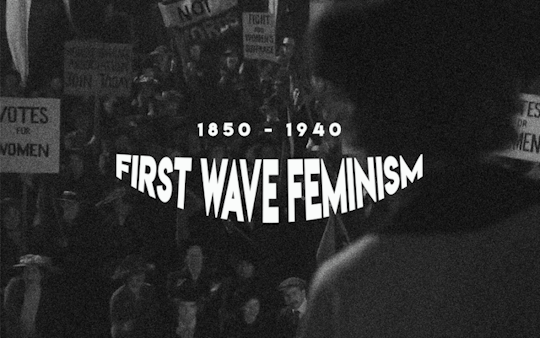
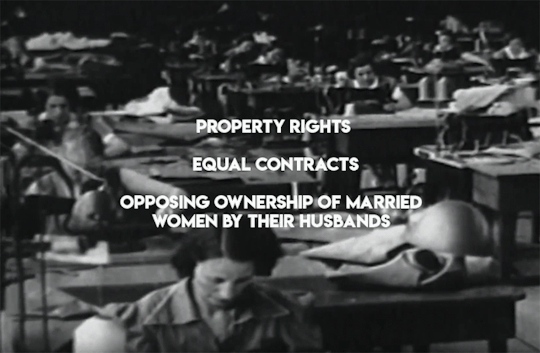








“We have to free half of the human race, the women, so that they can help to free the other half.” ➼ Emmaline Pankhurst
A BRIEF HISTORY (AND POSSIBLE FUTURE) OF FEMINISM
4K notes
·
View notes
Photo


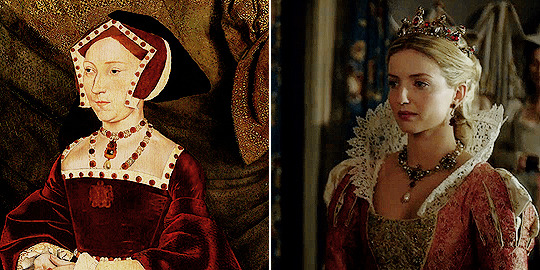

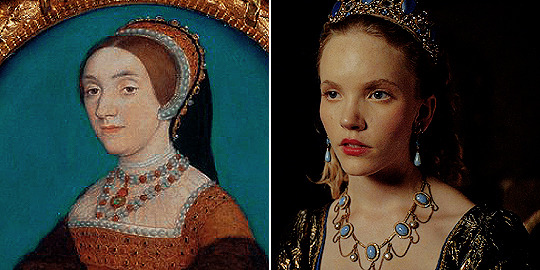



the tudors | henry’s wives and daughters + portraits
726 notes
·
View notes
Photo
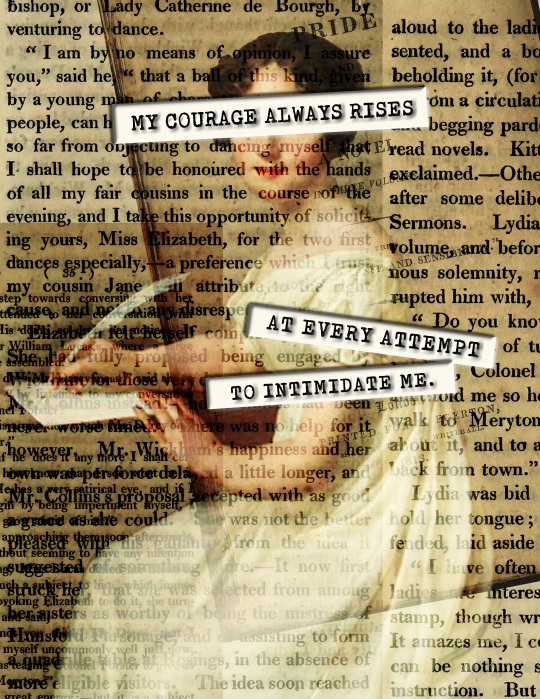
#pride and prejudice#prideandprejudiceedit#jane austen quote#austenedit#book: pride and prejudice#author: jane austen
44 notes
·
View notes
Photo

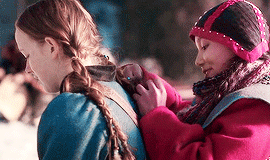
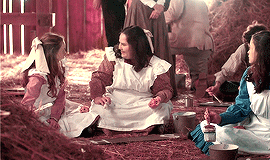


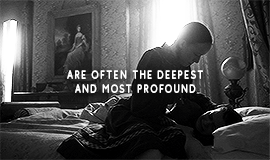
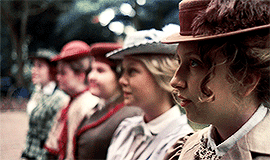

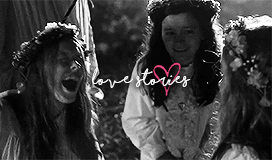

“Kindred spirits are not so scarce as I used to think. It’s splendid to find out there are so many of them in the world.” insp.
467 notes
·
View notes
Photo

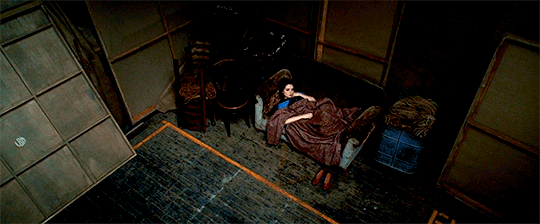






HISTORY IN FILM: Judy (2019) x Child stars in the Golden Age of Hollywood
“From the time I was 13, there was a constant struggle between MGM and me — whether or not to eat, how much to eat, what to eat. I remember this more vividly than anything else about my childhood.” - Judy Garland.
“They’d give [me and Mickey Rooney] pills to keep us on our feet long after we were exhausted,” Garland told biographer Paul Donnelley. “Then they’d take us to the studio hospital and knock us out with sleeping pills…then after four hours they’d wake us up and give us the pep pills again so we could work 72 hours in a row. Half of the time we were hanging from the ceiling but it was a way of life for us.” - Judy Garland (x)
#history in film#judygarlandedit#judyedit#golden age hollywood#film history#actress: judy garland#1900s#american history#us history
7 notes
·
View notes
Photo

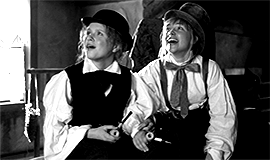
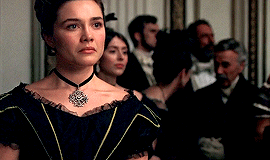
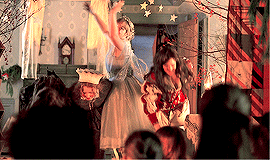
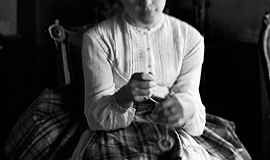
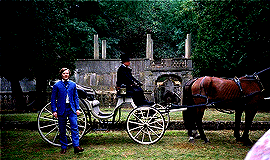




HISTORY IN FILM: Little Women (2019) x Women in the 1800s
Well, I’m not a poet. I’m just a woman. And as a woman, there’s no way for me to make my own money. Not enough to earn a living, or to support my family. And if I had my own money, which I don’t, that money would belong to my husband the moment we got married. And if we had children, they would be his, not mine. They would be his property. So don’t sit there and tell me that marriage isn’t an economic proposition, because it is. It may not be for you, but it most certainly is for me.
#littlewomenedit#HISTORY IN FILM#women in history#amymarchedit#film: little women#ch: amy march#1800s#american history
78 notes
·
View notes
Photo
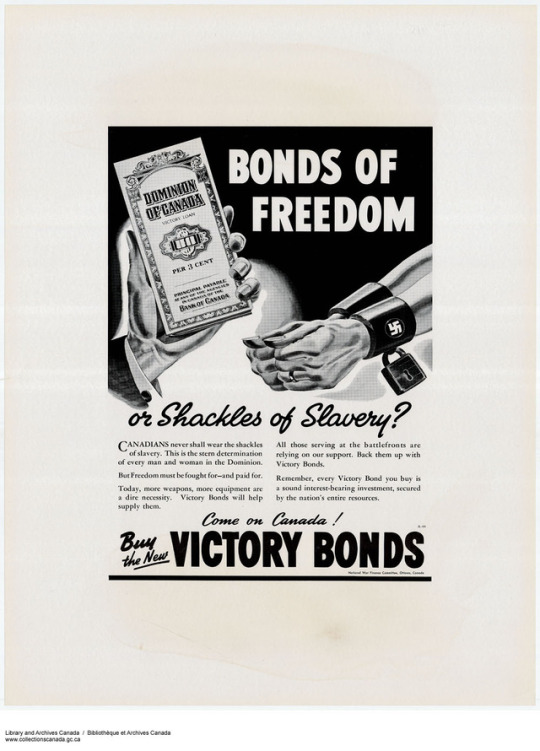
During the Second World War, Canada established nine Victory Loans. Their cash sales raised almost $12 billion, with half of that money coming from civilians and the other from corporations.
0 notes
Photo

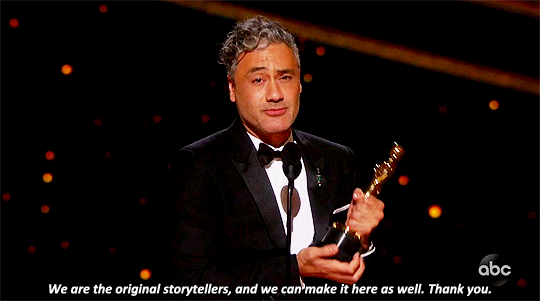
Taika Waititi has made Oscars history.
At the 92nd Academy Awards, the “Jojo Rabbit” writer-director-actor took the prize for adapted screenplay. This makes Waititi the first person of Māori descent to win an Oscar. He was the first ever indigenous person to be nominated in the category. (x)
84K notes
·
View notes
Photo

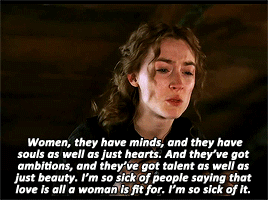
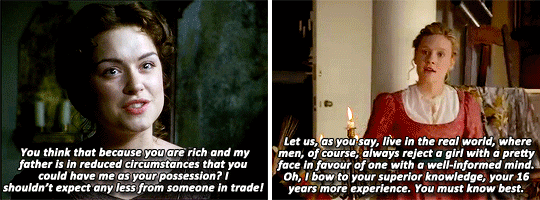
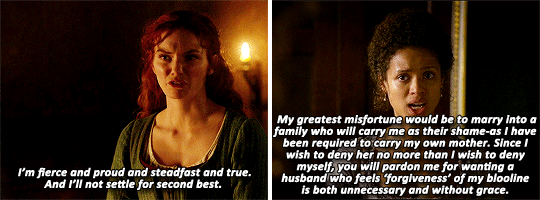
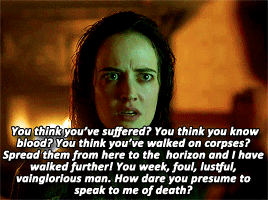
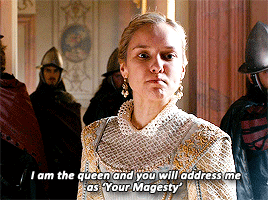
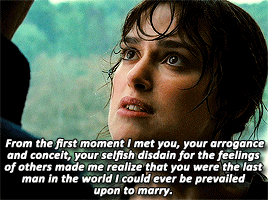

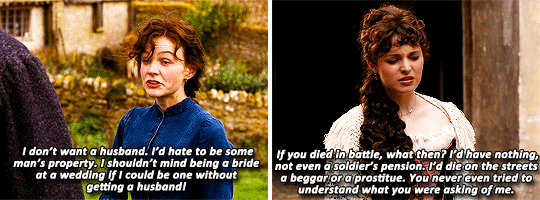
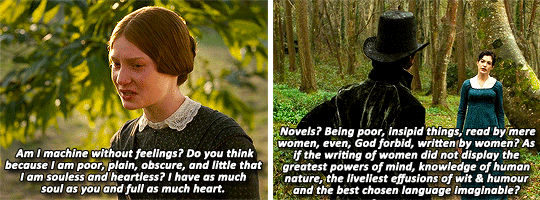
I hate to hear you talk about all women as if they were fine ladies instead of rational creatures. None of us want to be in calm waters all our lives. ― Jane Austen, Persuasion
10K notes
·
View notes
Photo






HISTORY IN FILM: “The Reader” x The Holocaust and the death camps
It's just a diversion. Yes? Diversion from what? You choose six women, you put them on trial, you say: "They were the evil ones," "they were the guilty ones". Because one of the victims happened to write a book. That's why they're on trial and nobody else. Do you know how many camps there were in Europe? People go on about how much did everyone know. Who knew? What did they know? Everyone knew. Our parents, our teachers. That isn't the question. The question is "How could you let this happen?" And better, "Why didn't you kill yourself when you found out?"
#history in film#historyedit#holocaust history#german history#european history#second world war#1900s#film: the reader
10 notes
·
View notes
Photo



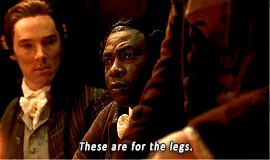


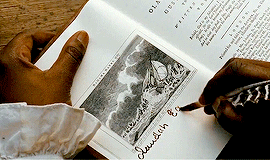


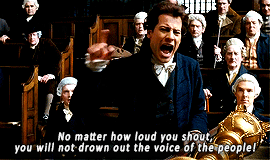
HISTORY IN FILM: “Amazing Grace” x William Wilberforce and the Abolition Bill
In 1788-1789 he presented his Abolitionist Bill before the house for the first time. In a moving speech, he recited the horrific facts of slavery for three hours and ended with the words: "having heard all of this you may choose to look the other way but you can never again say that you did not know". (x)
The committee for the abolishment of the slave trade was established by a mixture of Quakers and Evangelical Protestants. Their numbers grew over time and eventually they had gained around 40 seats in parliament by allying themselves with key people such as William Wilberforce. Wilberforce would spend his entire career fighting to pass the anti-slavery bills. His only success while in parliament was in 1807 when the Abolition Bill was passed with 283 votes to 16, making the slave trade illegal on all British ships. It would not be until 1833 that the Slavery Abolition Act would be passed and slavery would be abolished throughout the British Empire.
#history in film#film: amazing grace#slavery history#british history#history of the slave trade#politician: william wilberforce
3 notes
·
View notes
Text
because apparently this needs to be said AGAIN
in the most general aesthetic terms possible
1600s: most witch-hunts ended in this century. no witches were burned in North America; they were hanged or in one case pressed to death
1700s: the American Revolution. Marie Antoinette. the French Revolution. the crazy King George. most pirate movies
1800-1830: Jane Austen! Pride and Prejudice! those dresses where the waist is right under one’s boobs and men have a crapton of facial hair inside high collars
1830-1900: Victorian. Les Miserables is at the beginning, the Civil War is in the middle, and Dracula is at the end
1900-1920: Edwardian. Titanic, World War I, the Samantha books from American Girl, Art Nouveau
1920s: Great Gatsby. Jazz Age. Flappers and all that. most people get this right but IT IS NOT VICTORIAN. STUFF FROM THIS ERA IS NOT VICTORIAN. DO NOT CALL IT VICTORIAN OR LIST IT ON EBAY AS VICTORIAN. THAT HAPPENS SURPRISINGLY OFTEN GIVEN HOW STAGGERING THE VISUAL DIFFERENCE BETWEEN ERAS IS. also not 100 years ago yet, glamour.com “100 years of X” videos. you’re lazy, glamour.com. you’re lazy and I demand my late Edwardian styles
I just saw people referencing witch burning and Marie Antoinette on a post about something happening in 1878. 1878. when there were like trains and flush toilets and early plastic and stuff. if you guys learn nothing else about history, you should at least have vague mental images for each era
133K notes
·
View notes